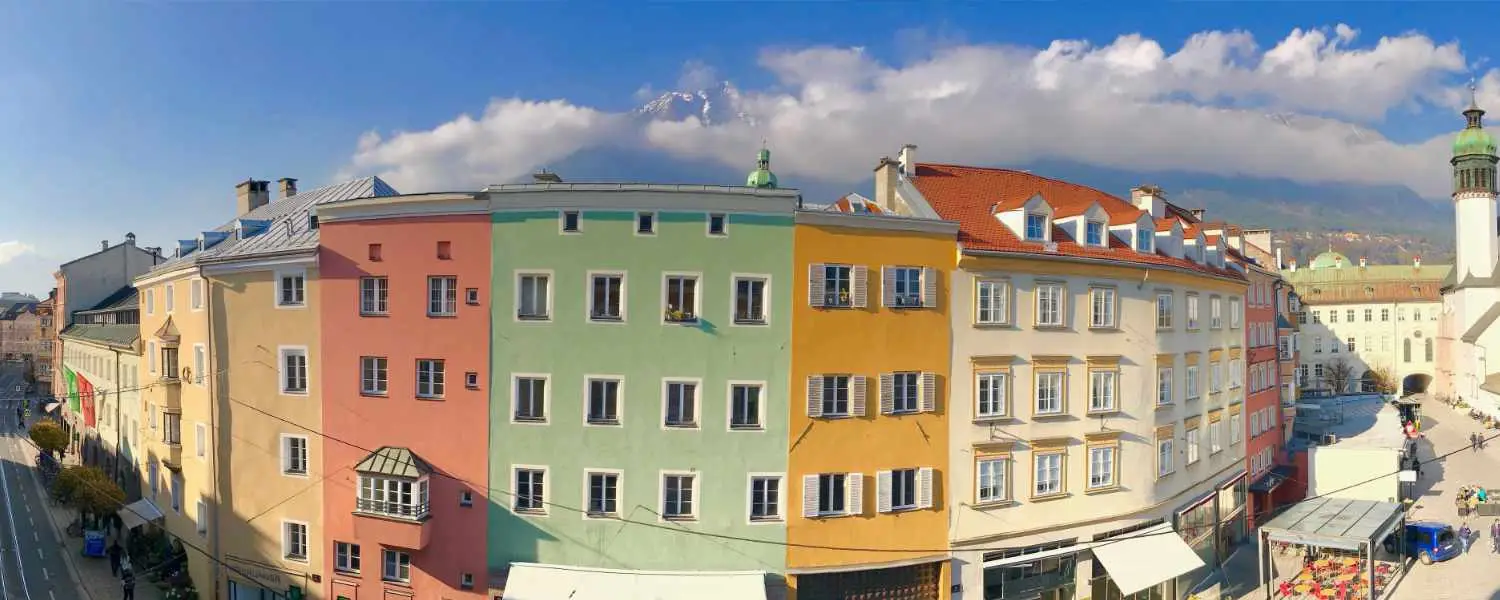Holiday homes, zoning matters in Austria - Seefeld, Kitzbühel, Lech, St. Anton am Arlberg, Sölden, Galtür or Serfaus
According to estimates, around 200,00 Germans have a residence in Austria. How many of those are primary residences and how many are second homes or holiday homes, is not known. It is to be borne in mind that each of the nine federal states of Austria handles the approval of holiday homes in a different way, and major differences exist.
Essentially, firstly the following applies: EU citizens, i.e. also any German or French people, may purchase property in the EU State of Austria to an unlimited extent.
In Alpine regions that are intensively visited by tourists - for instance, Seefeld, Kitzbühel, Lech, St. Anton am Arlberg, Sölden, Galtür or Serfaus - questions concerning the zoning of a property are often of key significance. The opportunity to use a property as a holiday home often opens up unimaginable opportunities for utilisation and increasing the value.
Holiday residences are, as per the statutory definition, “buildings, apartments or any other parts of buildings which do not serve the purpose of fulfilling an all-year-round living requirement associated with being the focal point of daily life, but are used for staying in during holidays, vacation, the weekend, or any other relaxation purposes of merely a temporary nature.”
In the intensively used tourist regions cited, there are usually heated discussions, as well as legal disputes, concerning the question of to what extent further holiday residences may be approved and whether the existing holiday homes are actually being used legally.
Not only as a foreigner, but also as a local, prior to buying an apartment in Austria, it is advisable to obtain the most precise information about the associated terms and conditions. The purchase of a property does not entail all that many complications if it is supposed to be used as a main residence.
- First of all, the so-called executory transaction is concluded, i.e. the purchase agreement or the endowment contract for the property is signed.
- That does not, however, yet make the purchaser the owner. In order to be considered the owner, the purchaser needs to be registered in the Land Register. For that, it needs a corresponding deed, which is signed by both the purchaser and the seller, and confirms the purchase. Such signatures must be notarised. Only then can the purchaser be registered in the Land Register as the new owner.
Anyone planning to purchase a second home in Austria should thus be well informed, and be advised by an attorney-at-law if he or she prefers not to be subject to any unpleasant surprises.




